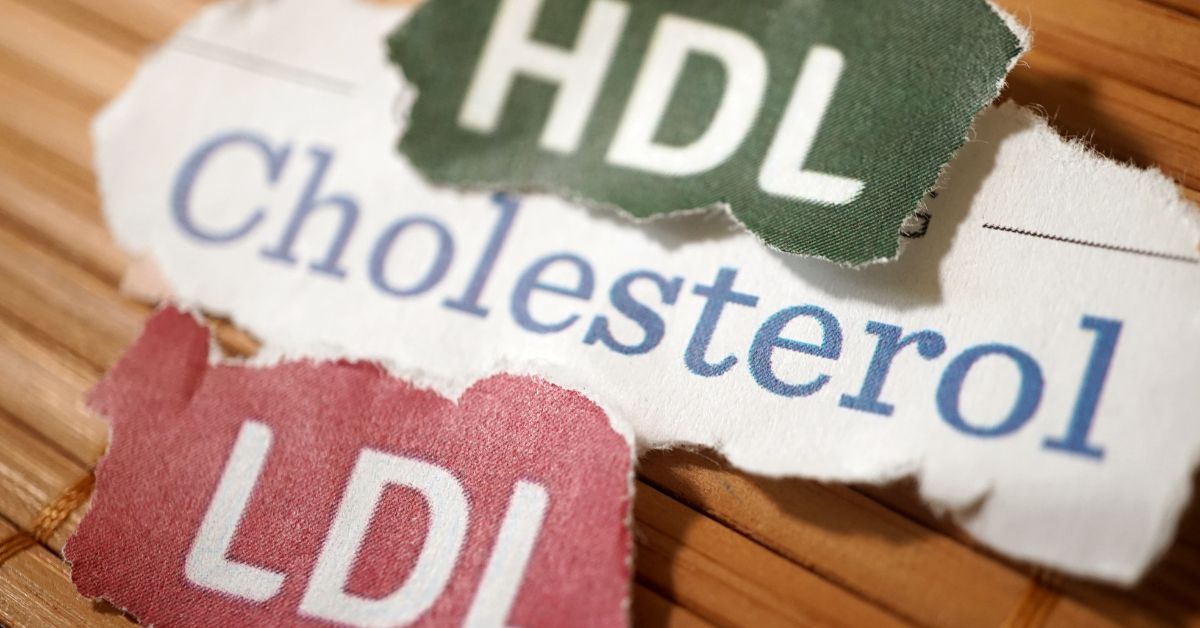If your goal is to lose weight, balance your hormones, improve exercise performance, or heal from a disease or injury, getting better sleep will help. Poor sleep will keep you from feeling your best and efficiently recovering or healing. And around half of us aren’t getting enough high-quality sleep.
Keep reading to learn why sleep is so important, the connection with blood sugar, and easy tips for getting the deep, restorative sleep your body is craving.
Importance of Sleep
Sleep is the time of day when the body doesn’t have to use resources moving, thinking, and digesting. Instead, it can focus on other critical functions like building, growing, repairing, and detoxifying.
Even a single night of poor sleep can:
- Negatively impact memory and cognition
- Trigger overeating and have you reaching for quick calories (and more coffee)
- Slow metabolism
- Increase symptoms like fatigue, brain fog, and pain
- Increase mood swings, depression, and irritability
- Promote stress hormone production
Over time, these symptoms progress. Poor sleep is an often-overlooked factor for those working to optimize their health.
Blood Sugar and Sleep
Our minute-to-minute, hour-to-hour, and day-to-day blood sugar levels affect important hormones that play a role in sleep patterns. The stress hormone cortisol is one example. In a normal rhythm, cortisol rises in the morning. It helps us become awake and alert as the sun rises and then falls in the evening to promote sleep.
If blood sugar is imbalanced because of eating high-sugar foods, skipping meals, and other factors, it may impact sleep. For example, if blood sugar falls in the middle of the night, cortisol will rise and cause us to wake up. After this stress response in the body, it may be hard to fall back to sleep.
How To Improve Sleep
Most people benefit from seven to nine hours of uninterrupted sleep per night. If you have a hard time falling asleep, staying asleep, or sleeping soundly, here are some ideas to help:
- Create a relaxing bedtime routine. Doing the same thing every evening teaches your body to expect sleep. It could be as simple as reading for 10-15 minutes or taking a hot bath.
- Get outside during the day. Expose your eyes and skin to sunlight during the day. As best as you can, get direct sunlight within the first hour of waking to set your circadian rhythm properly for the day. This helps to set your metabolism in motion. In addition, exercise in the day (and not too close to bedtime) promotes sleep.
- Calm anxiety in the evening. Bedtime isn’t a good time to check email, social media, or read the news as these can promote stress and make it hard to fall asleep. If your mind is racing before bed, try writing down your worries or making a list of what you need to do the next day.
- Eat a bedtime snack. If you tend to wake in the night and suspect low blood sugar, as discussed above, try a protein-based snack before bed. This could be an apple with peanut butter, a handful of nuts, or Scott’s Protein Balls.
- Drink herbal tea. Chamomile, passionflower, and lemon balm are herbs that help to calm the nervous system and promote sleep.
these simple tips should get you started if you fall into the half of Americans who could use a sleep upgrade. It’s easy to get distracted by the latest and greatest ways to optimize health but going back to the basics is critical in creating a solid foundation for health. Here’s to a good night’s sleep!






